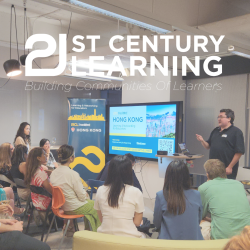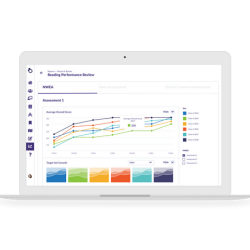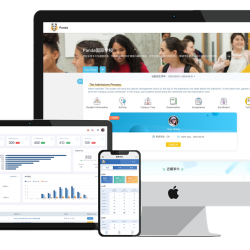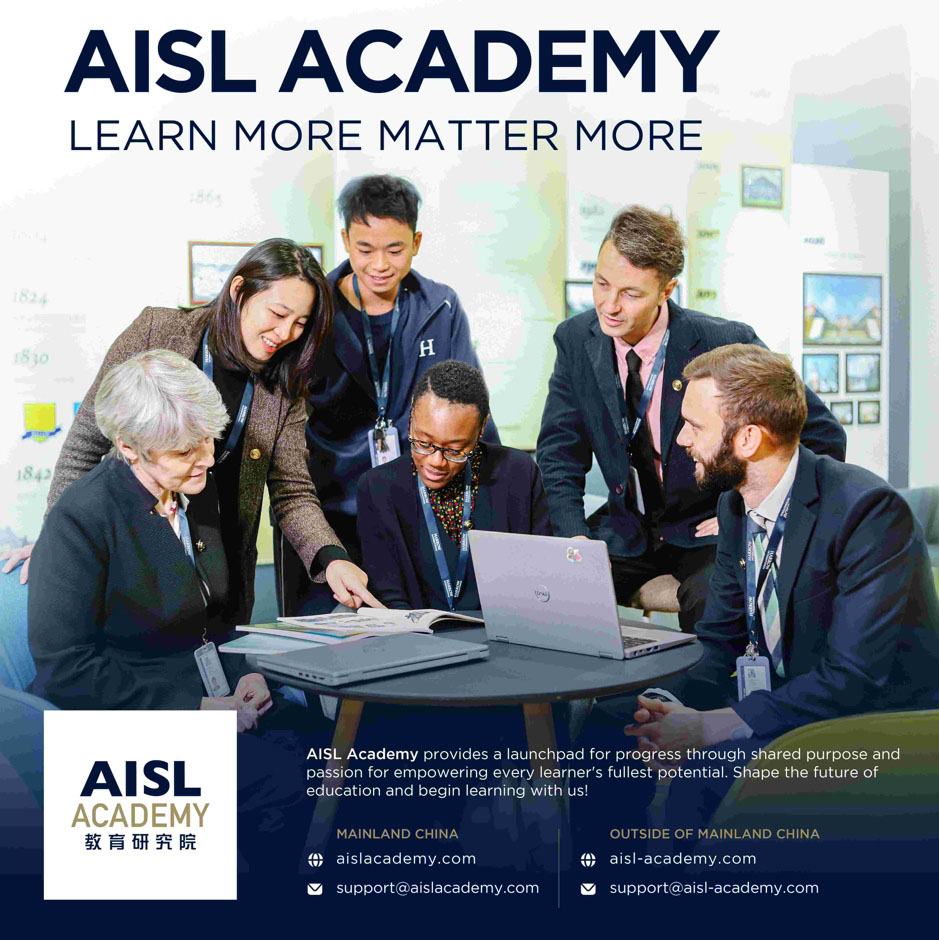Could you introduce CENTURY and its role in education?
CENTURY helps teachers make effective interventions and saves time on marking and data analysis. Trusted by schools and colleges globally, schools using our platform regularly for testing see score improvements of more than 15% across subjects and year groups. It provides accelerated learning through intelligent personalisation, actionable targeted interventions, and bespoke resource creation.
These statistics clearly show CENTURY’s impact. However, schools often face challenges when implementing new educational technology. What do you think are the key factors for successful implementation?
Implementation is key when embedding new tech into a school. Chris Richards, our Head of Curriculum, explored this while completing an MBA in Educational Leadership. One critical factor is having a structured change management strategy. Many school leaders we have worked with were not aware of specific change management models or theories but still implemented CENTURY successfully. Their processes often aligned with proven models like Kotter’s accelerators or ADKAR, which the EEF found to be common-sense approaches.
Both these models are great for shaping and moving change forward within organisations. Can you share an example of a school that successfully integrated CENTURY?
Harrow International School Shenzen has been using CENTURY to personalise learning and support teachers in delivering targeted interventions. Their approach demonstrates the importance of structured implementation and ongoing engagement.
“We have found CENTURY extremely useful in supporting our learners. The students’ learning pathways are highly individualised, ensuring each child has access to bespoke content to help them make accelerated progress. Through the learning pathways, students clearly understand their strengths and areas for improvement. Staff use the live analysis to inform their planning, while the Guardian Portal gives parents a great insight into their children’s performance and learning.” an international schoolteacher in Shenzhen said.
Leadership and accountability are crucial in all implementations. How important is it to have designated CENTURY champions in schools?
It is incredibly important. Schools that appoint technology leads, learning directors, or subject coordinators as champions see smoother adoption and better results. These champions guide the implementation, address teacher concerns, and ensure a seamless transition into daily classroom practice. Almost all of the organisations we have discussed implementation strategies with, in detail, have appointed designated staff champions to lead the change.
Not all of these schools call them ‘champions’, of course, and several instead have opted for learning directors, technology leads or subject leads as their agents for change. The consistent point was that these leads or champions were involved from the beginning of implementation to oversee a cogent and coherent strategy.
When determining who these leaders should be, it was found beneficial to include a variety of staff and stakeholders, so it represents a cross-section of teachers for each subject and other support staff. For example, including a sceptical voice or two can help identify, and overcome, potential roadblocks on the pathway proactively and efficiently. Likewise, it’s best to include a range of confidence, not just the most technologically minded staff, and a good number of experienced teachers who know the context of the school, curriculum and schemes of work well. This was notably so within the Cologne International School, which indicated that no matter how good systems and support structures are, a successful implementation relies on active engagement within the school. It’s a change management process that requires hands-on involvement and clear communication.
You mentioned early wins being crucial. How can schools create and celebrate these wins?
All the organisations we have worked with to implement CENTURY over the past few years have used various strategies to enable and generate short-term wins in one way or another. This included setting engagement and usage targets each half-term or creating and embedding desired learning routines linking to the curriculum. CENTURY, for example, has templates for certificates and leaderboard posters available for customers to support celebrating learner success.
Many schools begin with a pilot before full implementation. What are the benefits of this approach?
Running an effective pilot is commonly a successful EdTech implementation strategy. Here at CENTURY, we have experience of setting up and providing training for pilots across many different organisations. Pilots allow schools the time and space to explore the effectiveness of the technology and its impact. These trial periods also help organisations to understand and then deal with the inevitable challenges of change management.
A four-week pilot represents a fantastic opportunity for organisations to trial a couple of different models of use to give them the best picture of CENTURY’s impact and capabilities. We work closely with schools to tailor the pilot to their specific implementation goals. Our pilots include staff and learners, so we can hear feedback from a range of stakeholders, which can play a significant role indecision making.
Once a school decides to proceed after a pilot, how does CENTURY support ongoing success?
A key part of a successful pilot is in the initial implementation. To ensure this is effective, a dedicated CENTURY pilot manager will lead an initial implementation call with the school lead. During this call they will create a bespoke pilot plan, advising based on our wealth of experience working with a range of schools across the world.
This plan will consider the year groups and classes involved in the pilot as well as the content to be used. Another crucial aspect to be covered in the call is the success criteria against which the pilot will be measured. Based on the approach decided upon in the initial implementation call, teachers will undergo training to learn how to make the most of the platform during the pilot. This session will cover key functionality as well as how to use the data from the platform to guide interventions.
Once the pilot is under way, CENTURY’s dedicated pilot manager will be in regular contact with the school lead, to check in with how they are doing and provide any further support. They will also regularly share usage data with insights and analysis to ensure the school gains everything they can from the pilot.
At the end of the pilot, they will then arrange a call with the school. The pilot manager will give an overview of usage and how the platform has been used in different ways by specific departments. With the pilot completed and all the data and insights presented to the school, it then rests with them to make their final decision. If the pilot has been judged to be successful, then CENTURY is able to assign a permanent account manager to ensure a seamless transition from the pilot.
For schools considering CENTURY, what would you say is the biggest advantage for bringing it on board?
The biggest advantage is the ability to provide truly personalised learning at scale while reducing teacher workload. Our AI-driven approach ensures every student gets the support they need, and educators gain valuable insights to inform instruction. We are committed to working with schools to create the best possible learning experiences for students and teachers alike.
School Operations & Supplies that may be of interest:
Get a special discount by quoting code AISLMALL during CHECKOUT.
21C – Consulting Services in Technology

21C learning helps K-12 schools improve their tech infrastructure and teaching practices. Their services include strategic plan reviews, onsite visits, stakeholder interviews, and surveys on tech readiness. They also offer fractional CIO/Tech Director services for cost-effective guidance and support.
3Education - Smart Queuing System

3Education’s Digital Queue Reservation System provides an efficient and innovative management solution for schools. With its digital queuing technology, schools are able to manage the flow of students and parents more effectively, especially during open days, parents’ days or equipment rentals. This system can be personalized according to the needs of different schools, ensuring an efficient and smooth process. It not only saves students and parents waiting time, but also enhances the transparency of school management and the effectiveness of communication.
JOTO Tech - Authing

Authing is a cloud service provider specializing in identity authentication and access management. Their solutions include single sign-on, multi-factor authentication, user and permission management, helping businesses enhance security, reduce costs, and improve user experience.
Otus – Learning Management System

Otus provides educators with a platform that offers data-driven insights, collaborative learning, personalized professional development plans, feedback and reflection tools, and access to both internal and external professional development resources. This comprehensive suite of tools empowers educators with the knowledge and skills to excel in various areas such as Project-Based Learning, Social Emotional Learning (SEL), Progress Monitoring, MTSS (Multi-Tiered Support System), and Standards-Based Grading.
School365 - Admissions365

Admissions365 is a customizable, paperless system for the entire school admission process, including consultations, campus tours, exam bookings, and enrollment. It integrates seamlessly with SIS, OA, and financial systems, streamlining workflows and eliminating paperwork hassles.









